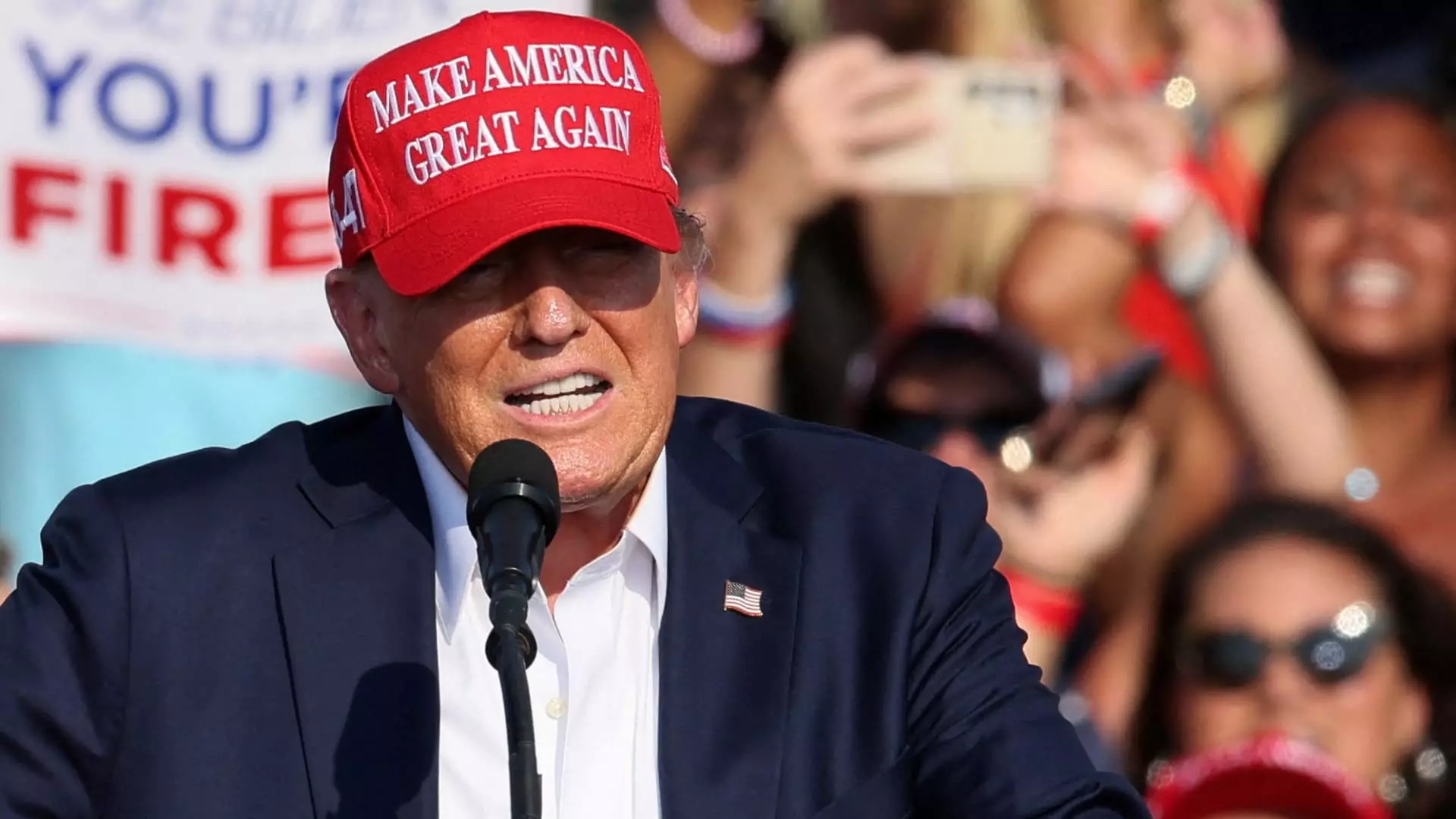Former U.S. President Donald Trump recently made headlines with his statement suggesting that Taiwan should pay the U.S. for defense, citing that the country “doesn’t give us anything.” This statement came amid ongoing tensions between Taiwan and China, with Beijing claiming Taiwan as part of its territory. Trump’s comparison of the U.S. to an insurance company, expecting payment from Taiwan, sparked a debate on the relationship between the two nations.
One of the key points Trump highlighted in his comments was Taiwan’s semiconductor industry, which is renowned for its technological advancements. Trump mentioned that Taiwan dominates a significant portion of the global chip business, attributing it to the decline of U.S.-based semiconductor manufacturing. Taiwan Semiconductor Manufacturing Co. (TSMC) emerged as a major player in the industry, holding a substantial market share in the production of advanced chips.
The significant reliance on Taiwan for chip manufacturing has raised concerns about the potential risks associated with a concentrated supply chain. In the event of a Chinese attack on Taiwan, disruptions in chip production could have far-reaching consequences for various industries. TSMC’s Chair Mark Liu emphasized the vulnerability of their factories in the face of military intervention, highlighting the need for contingency plans in such scenarios.
In response to the challenges posed by the concentration of chip manufacturing in Taiwan, the U.S. under the Biden administration has initiated efforts to incentivize companies like TSMC and Samsung to expand their production facilities within the country. The goal is to reduce dependency on foreign manufacturers and enhance domestic capabilities in semiconductor manufacturing. Trump commended Taiwan for its dominance in the chip industry, acknowledging the need for the U.S. to reclaim its position in the market.
While Trump’s comments stirred controversy and elicited mixed reactions, they shed light on the complex dynamics of international relations, economic interdependence, and national security. The debate surrounding Taiwan’s role in the global semiconductor industry and its implications for U.S. defense strategy underscores the evolving landscape of geopolitics and technological innovation. As the U.S. seeks to realign its priorities in semiconductor manufacturing, the dialogue on defense partnerships with allies like Taiwan continues to be a subject of scrutiny and speculation.

